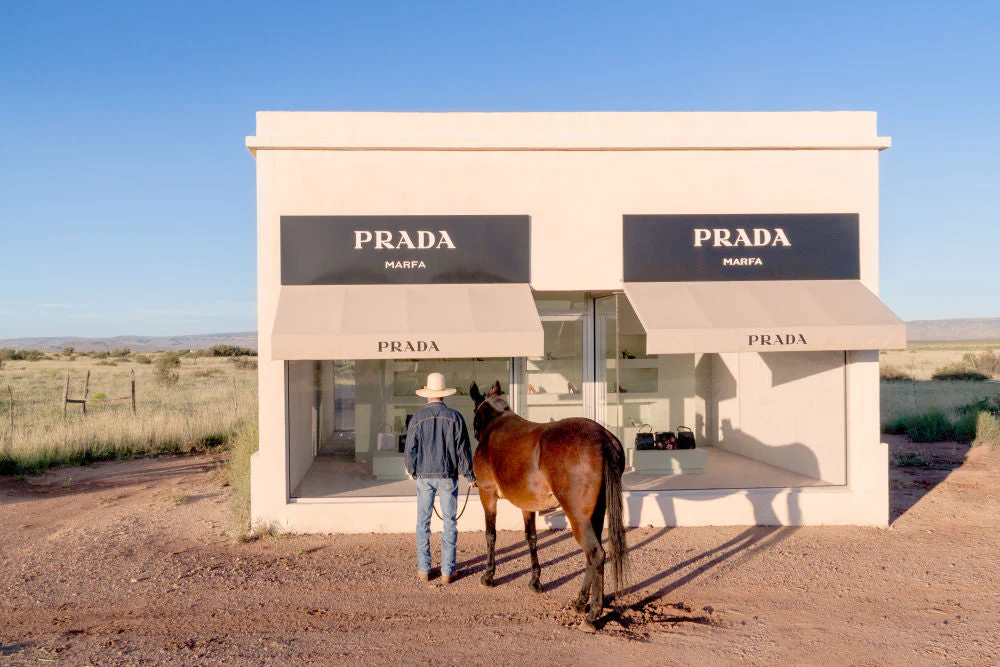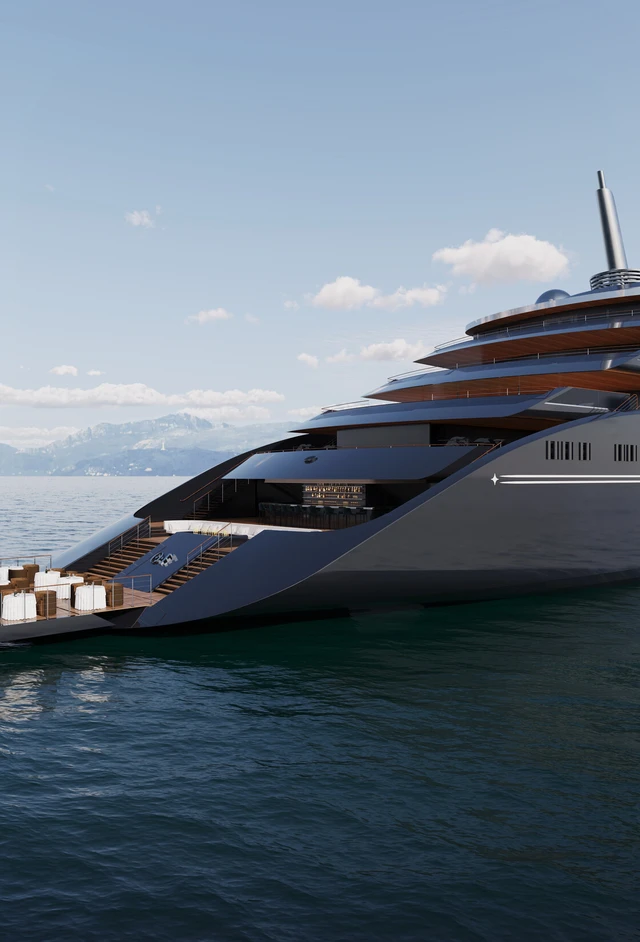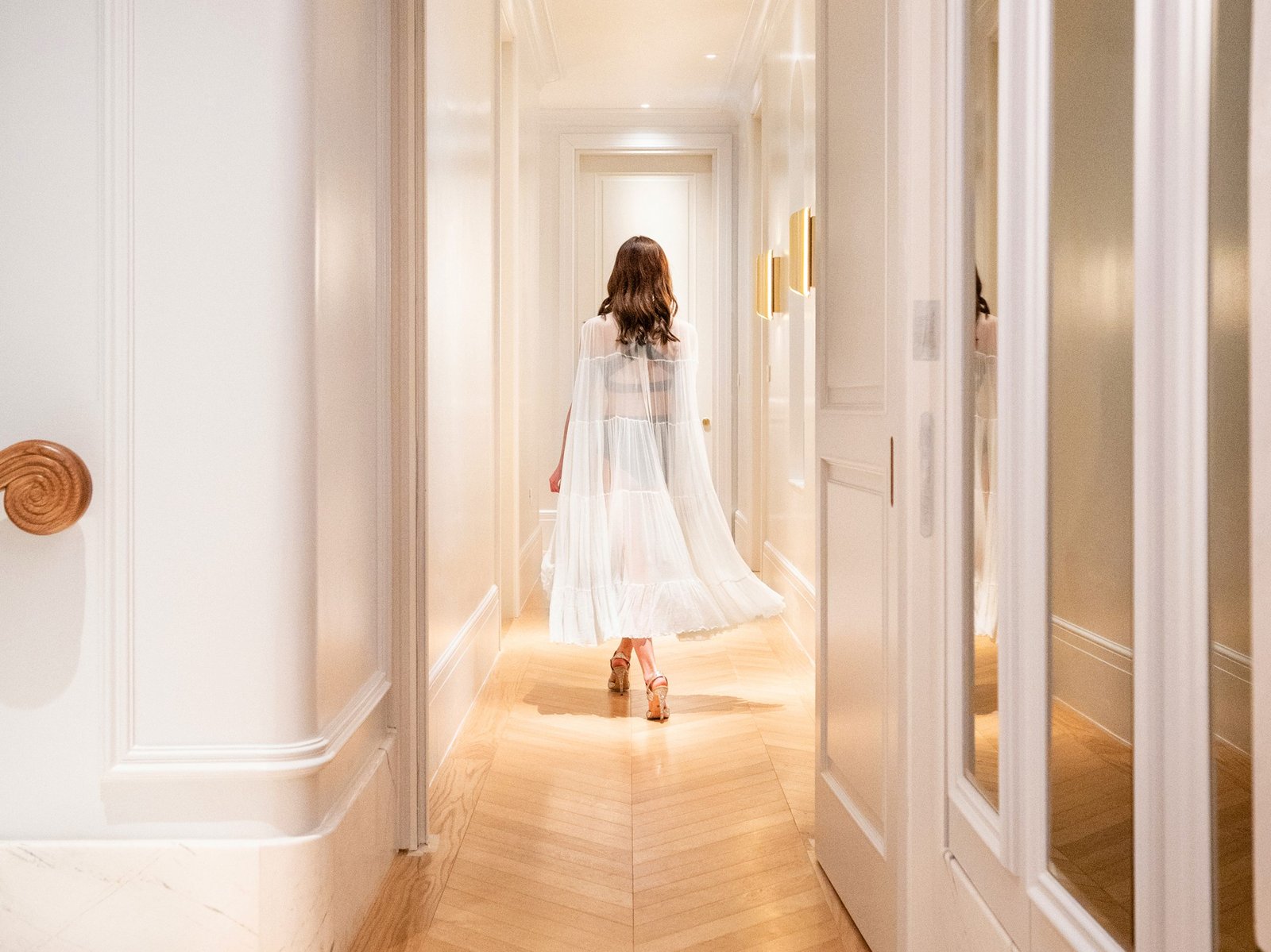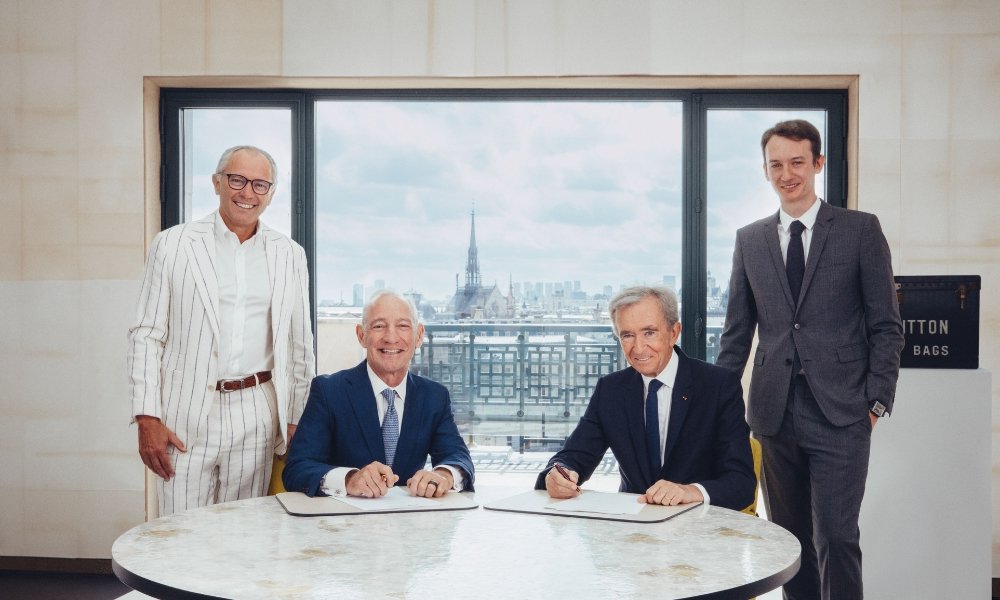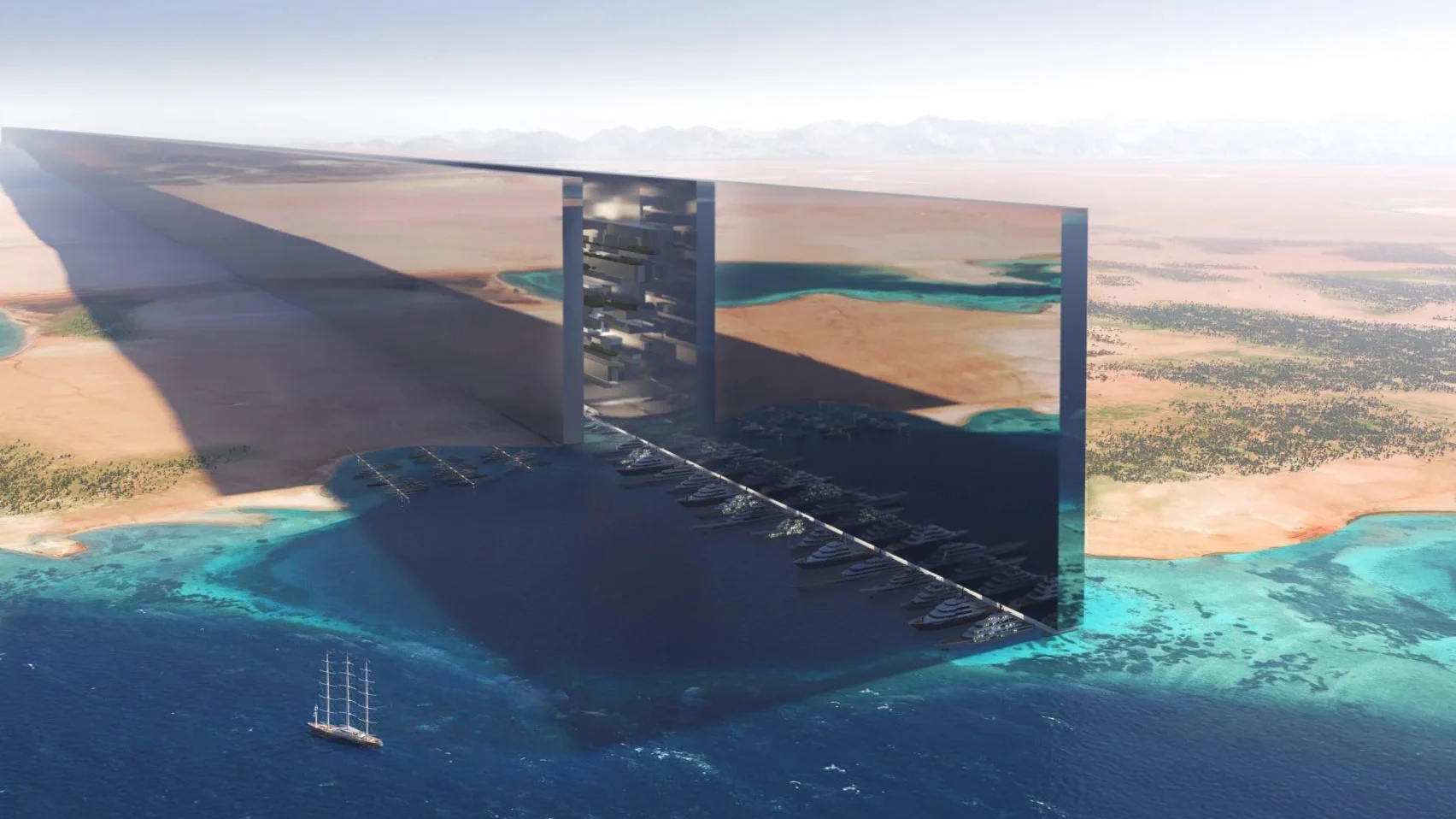
When you’ve amassed a fortune so vast that it’s difficult to even comprehend the scale, what do you do next? Luxury cars? Private islands? A custom-built superyacht? While these are symbols of wealth, they’re mere child’s play for the world’s most ambitious billionaires. For these visionaries, the ultimate status symbol isn’t a rare watch or expansive mansion — it’s an entire city. Not just any city, but a futuristic, self-sustaining metropolis designed to revolutionize how we live, work, and even survive beyond Earth.
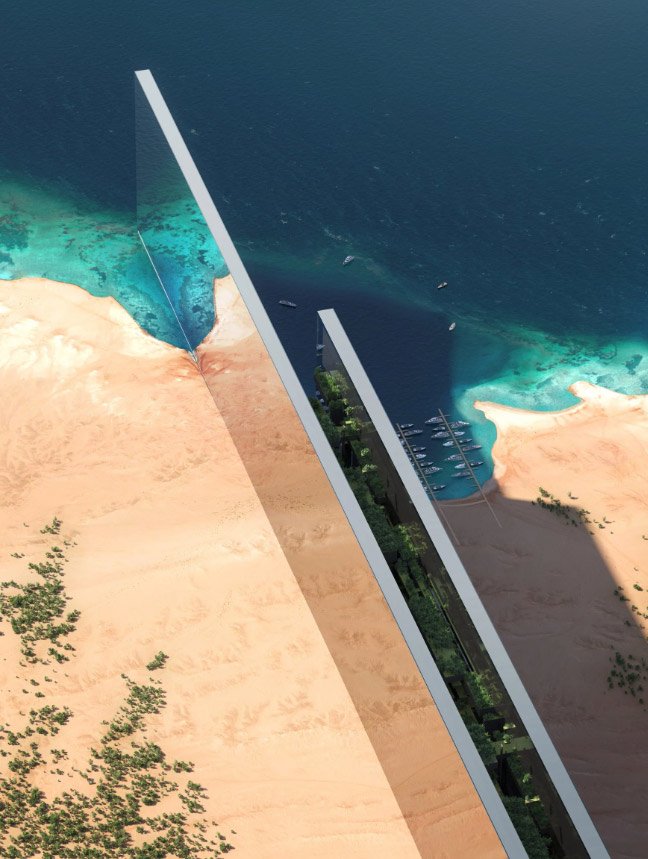
These mega-projects aren’t just expensive; they require investments that soar into the hundreds of billions, even trillions of dollars. But for the likes of Saudi Arabia’s Crown Prince Mohammed bin Salman, Elon Musk, Bill Gates, or Marc Lore, financial constraints are mere details. The true challenge lies in technical feasibility, timelines, and the broader question of whether such ambitious dreams can become reality.
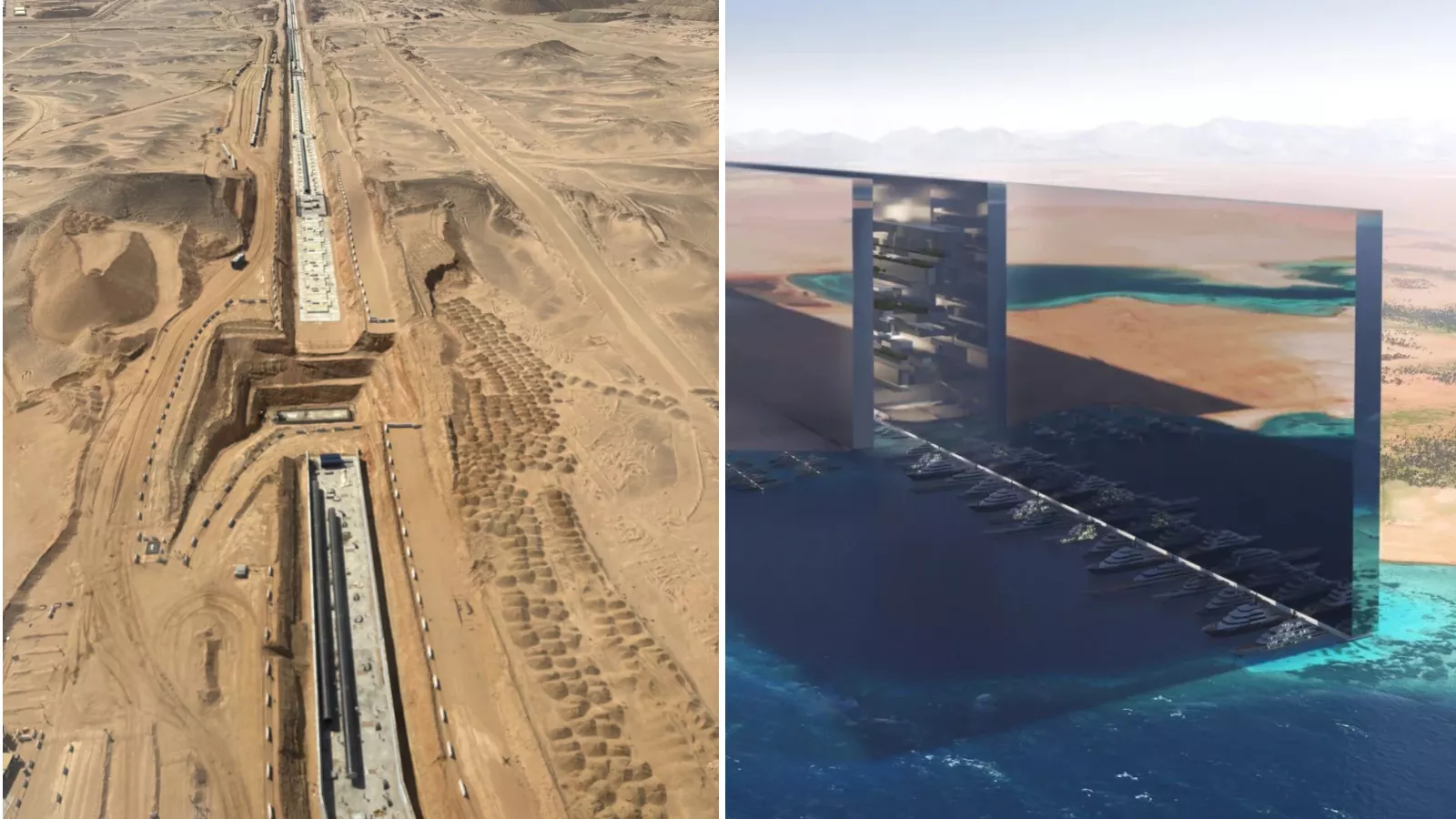
These visionary cities aim to push the limits of architecture, sustainability, and human civilization itself. They’re not just about innovation — they’re about rethinking the very concept of living in the modern age. However, creating these monumental ideas is no small feat.

In 2021, Saudi Crown Prince Mohammed bin Salman unveiled his most audacious project yet: The Line. A 170-kilometer-long city stretching across northwest Saudi Arabia’s Tabuk Province, this extraordinary city would feature mirrored skyscrapers rising 500 meters high. With no cars, no emissions, and all essential services within a five-minute walk, it sounds like a scene straight out of a futuristic novel. Yet, the project is real — at least conceptually.
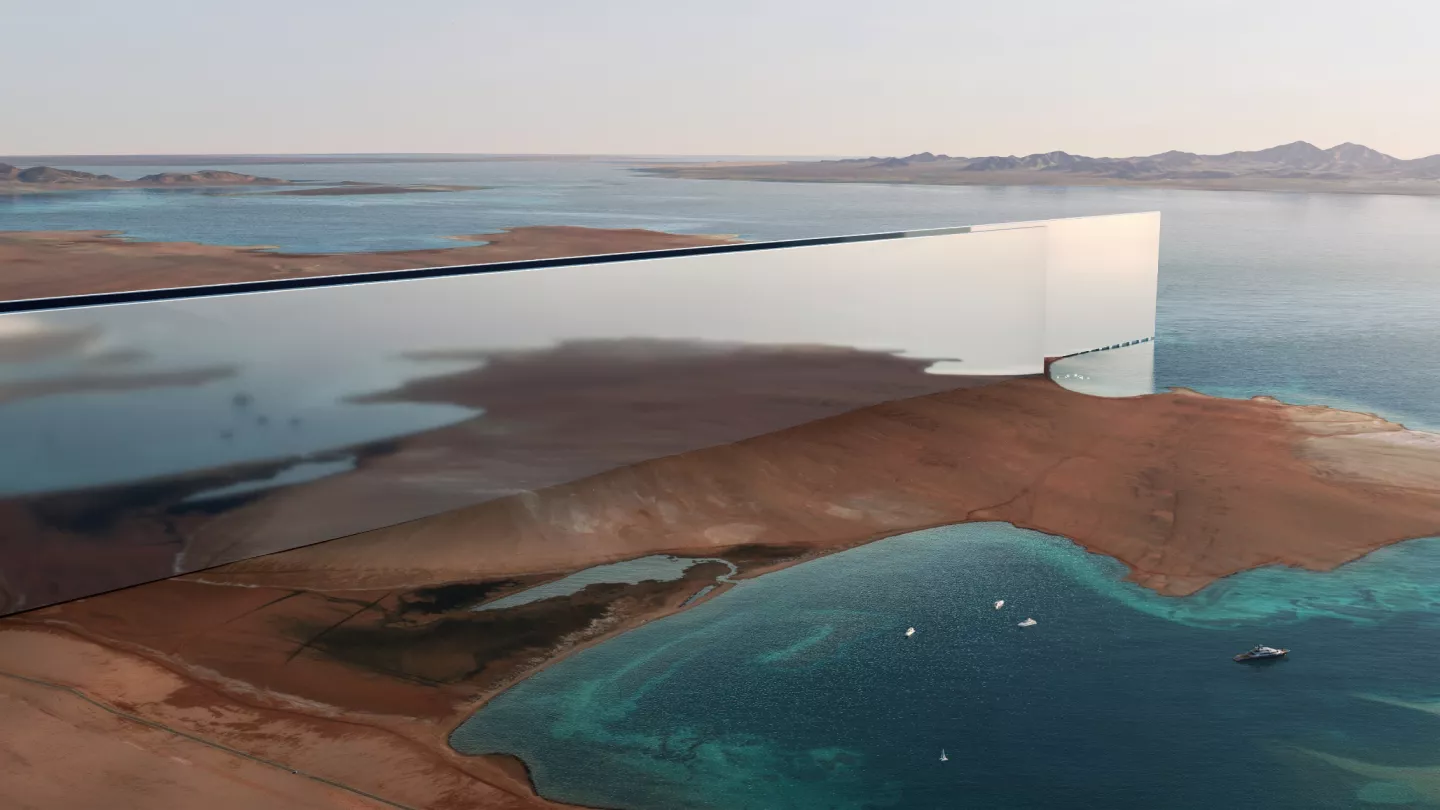
The Line is part of Saudi Arabia’s NEOM megaproject, and it promises to house 9 million residents. Designed to completely redefine urban living, the city will be powered entirely by renewable energy, with underground utilities and high-speed transport networks ensuring seamless connectivity. Artificial Intelligence (AI) will manage everything, from waste disposal to public services, creating a level of efficiency that has never been attempted on such a scale.
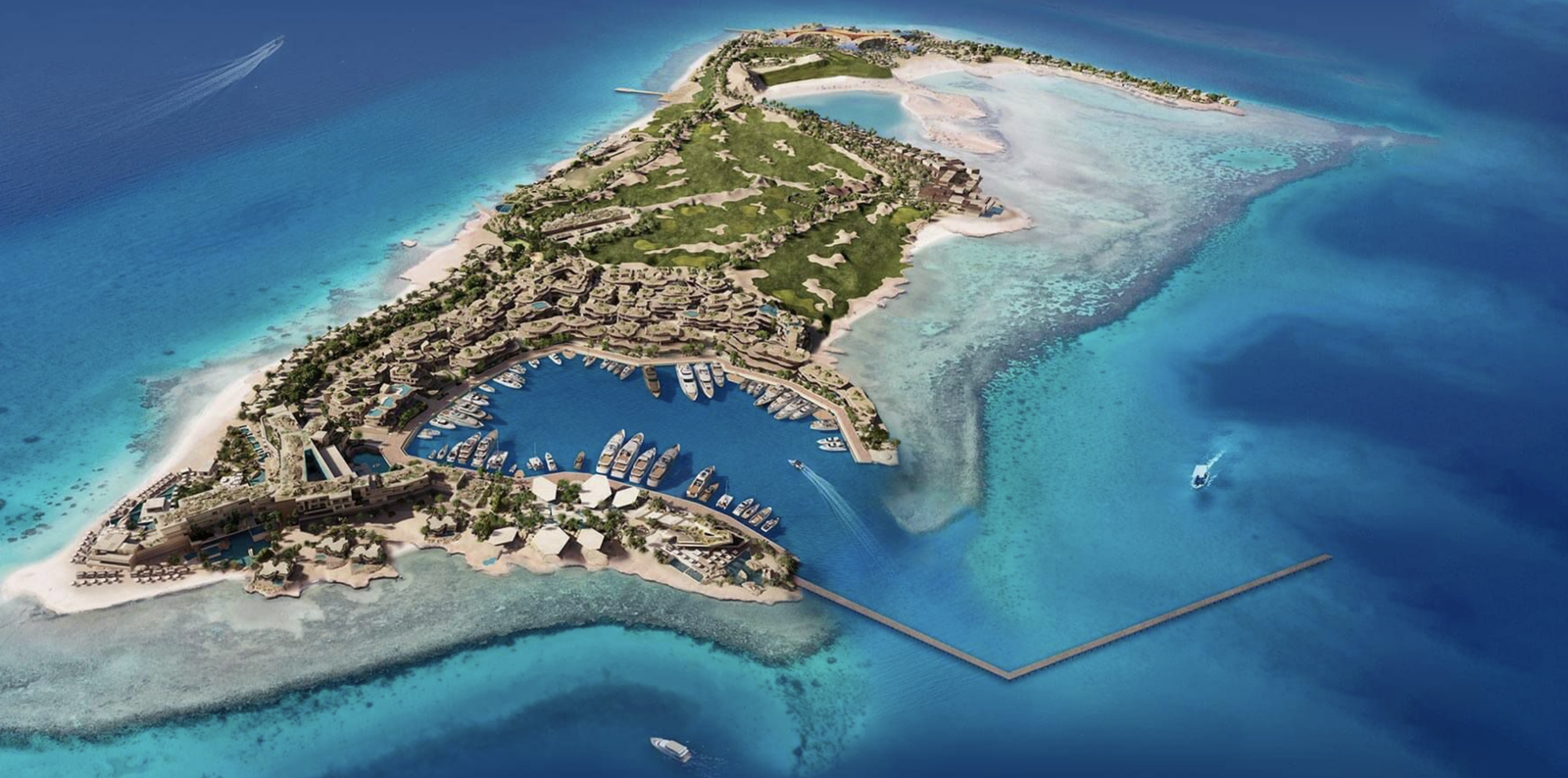
Despite its promises, the estimated $1 trillion price tag raises inevitable questions. Can such a massive project be completed on time? Will people actually embrace this radically different lifestyle? The ambition behind The Line is clear: It’s an integral part of Saudi Arabia’s Vision 2030 plan, aiming to diversify its economy away from oil while fostering innovation and employment. However, even the wealthiest nation in the world will feel the strain of financing this enormous vision. And as the project takes shape, the world waits to see whether it can truly fulfill its promises.




